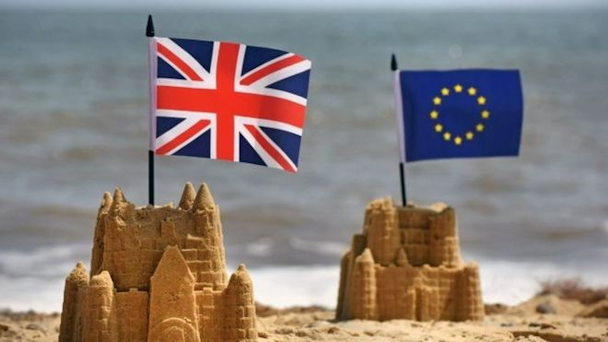Brexit and the travel business: the next two years
In part one of this blog, we looked at the various factors digital marketers working in the travel business need to consider following the UK’s formal triggering of Brexit negotiations last month. These included likely changes to European travel rights and long haul visas, exchange rate fluctuations, wider economic implications and, as a result, significant changes to booking patterns.

What should travel marketers do next?
In this concluding part, we’ll address how digital marketers and advertisers should respond to and tackle these issues during the coming negotiation period.
So what should travel marketers be doing over the next two years?
Understand your users: make sure you have a very clear picture of who your current customers are. Which part of the socio-economic spectrum do they sit in – benchmark this and monitor those factors that will impact their buying behaviour. Understand why they travel to manage the leisure vs business dynamic.
Monitor exchange rates: for your top destinations, it is imperative that the value of the Pound there is considered at all times. Assess which new areas will become more popular if there are notable fluctuations.
Map the milestones: be certain as to when to expect updates and announcements. Build these into your marketing plans.
Be flexible: the reality is we just don’t know how Brexit will pan out. What we do know is that the next two years will be a period of both risk and opportunity (for those ready to take it). Respond to performance as dynamically as you can.
And what can we do specifically with paid media channels?
While it’s hard to tie specific media tactics to specific Brexit considerations, there are a few areas we should all be focusing on to maximise performance within paid media.
As a priority, ensure that you are not overly reliant on any one digital marketing channel. If there is a step change in performance or revision of legislation, you are leaving yourself vulnerable as a business.
Work on the quality of your traffic. Yes, we’re talking ad fraud here. Placement reports are as important as the demographic profiling behind the buys. Start blacklisting heavily where you see issues. Partner with anti-fraud tech to make sure ads are both viewable and not driven by bot traffic to ensure your traffic is from real people. Finally, ensure margins on buys are reported transparently.
Make the most of the traffic you are capturing with thorough CRO capabilities to squeeze more value from your media budget. Tie this to your audience groups to create an increasingly personalised experience for users.
Understand the power of channel integration for driving consistency of communication with users and fuelling high quality segmentation in your remarketing efforts.
Hopefully time will prove me wrong on a few of my more pessimistic assertions. Let’s hope the UK’s travel industry will weather the storm and emerge with an even more diverse repertoire of digital marketing capabilities and a customer base with a more diverse travel appetite.
Content by The Drum Network member:

ROAST
We are ROAST.
Our goal is simple, to increase the return on your advertising spend (ROAS).
We do this by simplifying the problem and moving forward...

